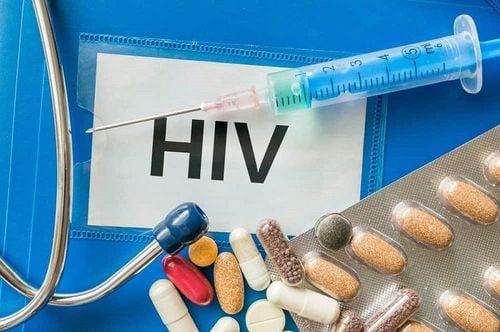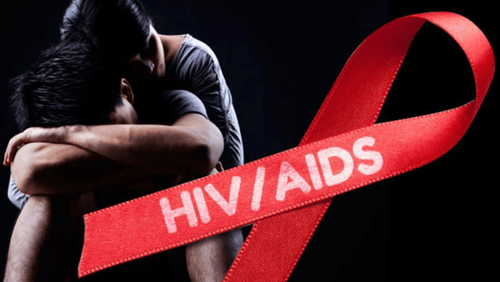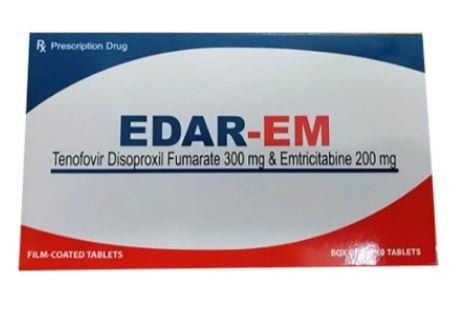This is an automatically translated article.
After suspected or exposed to an infectious source, the patient will show signs of HIV infection. When the disease is detected early, treatment brings benefits to the patient, his family and the community.1. Things to know about HIV
Is a disease caused by the Human Immunodeficiency Virus (HIV), which causes AIDS (Immune Deficiency Syndrome).
HIV virus directly attacks the body's specific immune system, causing immunodeficiency. Patients do not die from HIV but die from opportunistic infections that invade when the body is immunocompromised.
HIV can be spread in the following ways:
Mainly through unprotected sex (including anal and even oral sex). Transfusion of blood from an infected source. Through sharing needles. Mother-to-child transmission: During pregnancy, childbirth or while breastfeeding. Currently, there is no vaccine or specific drug to treat the disease.
However, the disease is treated with antiviral drugs to help slow down the progression and prolong the life of the patient. Can last up to 8 - 12 years, even longer.
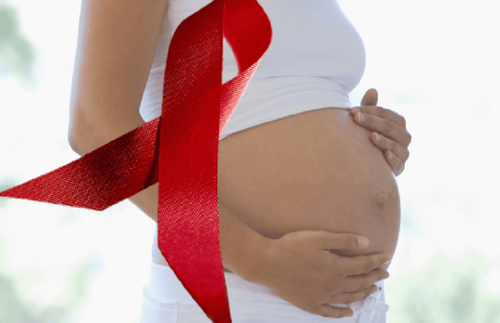
HIV có thể lây truyền từ mẹ sang con
2. Signs of HIV in the early stages
After being exposed to the source of the disease for about 2 - 6 weeks, the sick person may have early symptoms of the disease, but the early signs are quite similar to the common cold, which can be easily confused. After this stage, the patient will move to stage 2, at this stage there are almost no symptoms, so it is difficult to detect the disease. Until the patient's terminal stage turns to AIDS (acquired immunodeficiency syndrome), this stage of the immune system declines, the patient suffers from opportunistic infections.
Early signs of HIV:
Fever and chills: Patient Mild fever from 37.5 to 38 degrees Celsius, accompanied by chills is one of the most common HIV symptoms. At this time, the virus enters the blood vessels and begins to multiply in large numbers, causing a stimulating response in the immune system. The fever usually lasts for a week or two, but it can be present for only a day. Fatigue: The body's response to pathogens causes the patient to feel tired and sleepy. Body aches, headaches, muscles, pain in joints: Often feel pain in the body and joints. This symptom is easily confused with a common viral infection. Sore throat: The throat may become inflamed, causing difficulty swallowing and sore throat. Swollen neck, armpit, and groin lymph nodes Red skin rash: A red skin rash with itching d is the most common symptom of HIV infection within 2 to 3 weeks of being infected with the virus. Nausea, diarrhea: About 30-60% of patients have signs of nausea, vomiting or diarrhea in the early stages of HIV disease. There are also some less common symptoms in the early stages, including: unexplained weight loss, fungal infection, thrush or infection, menstrual disorders in women. When there is suspicion of exposure to the source, and early symptoms of the disease appear again, an early HIV diagnostic test should be performed.
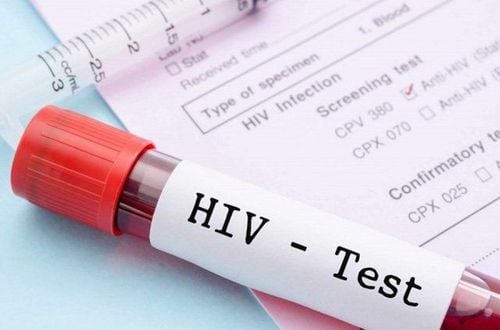
Làm xét nghiệm HIV sớm để chẩn đoán bệnh
3. Benefits of early HIV testing and treatment
For those who are exposed to the source of the disease and are at risk of disease, early testing helps patients to be diagnosed early, detect and treat early, bring higher treatment efficiency, prolong life, reduce risk of disease. chances of spreading the virus to loved ones...
Benefits of early HIV treatment:
Early HIV treatment helps maintain health, prolong life and live a beneficial life for family and community: Don't come When you feel tired or sick, go to a medical facility. When the immune system is weakened, the body no longer has enough resistance to fight pathogens, the patient will be very susceptible to severe infections. Therefore, it is advisable to go to a health facility as soon as you are found to be HIV-positive for advice and treatment, the treatment will be more effective, helping you live longer. Early HIV treatment will help reduce drug costs, medical examination and treatment costs and hospital stays: When the immune system is not severely weakened, the body is healthy, will not be infected with opportunistic infections. Therefore, there is no need to spend money on treatment for severe opportunistic infections. Early treatment of HIV reduces the risk of spreading the virus to others, including spouses, friends and children in the family. future. As soon as you notice the early signs of HIV, you should go to reputable medical facilities for HIV testing to detect the disease early. When you have HIV in the early stages, what you need to do is not to worry too much and to quickly seek medical advice and treatment. Although there is no cure, early treatment has many benefits.
The social disease screening and examination package of Vinmec International General Hospital helps customers screen for social diseases in order to detect diseases early for effective treatment and avoid complications.






